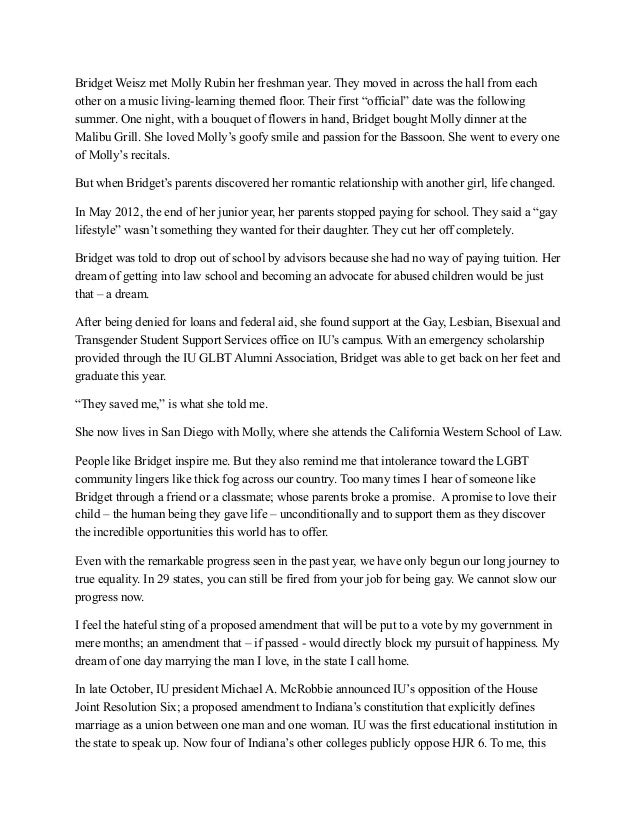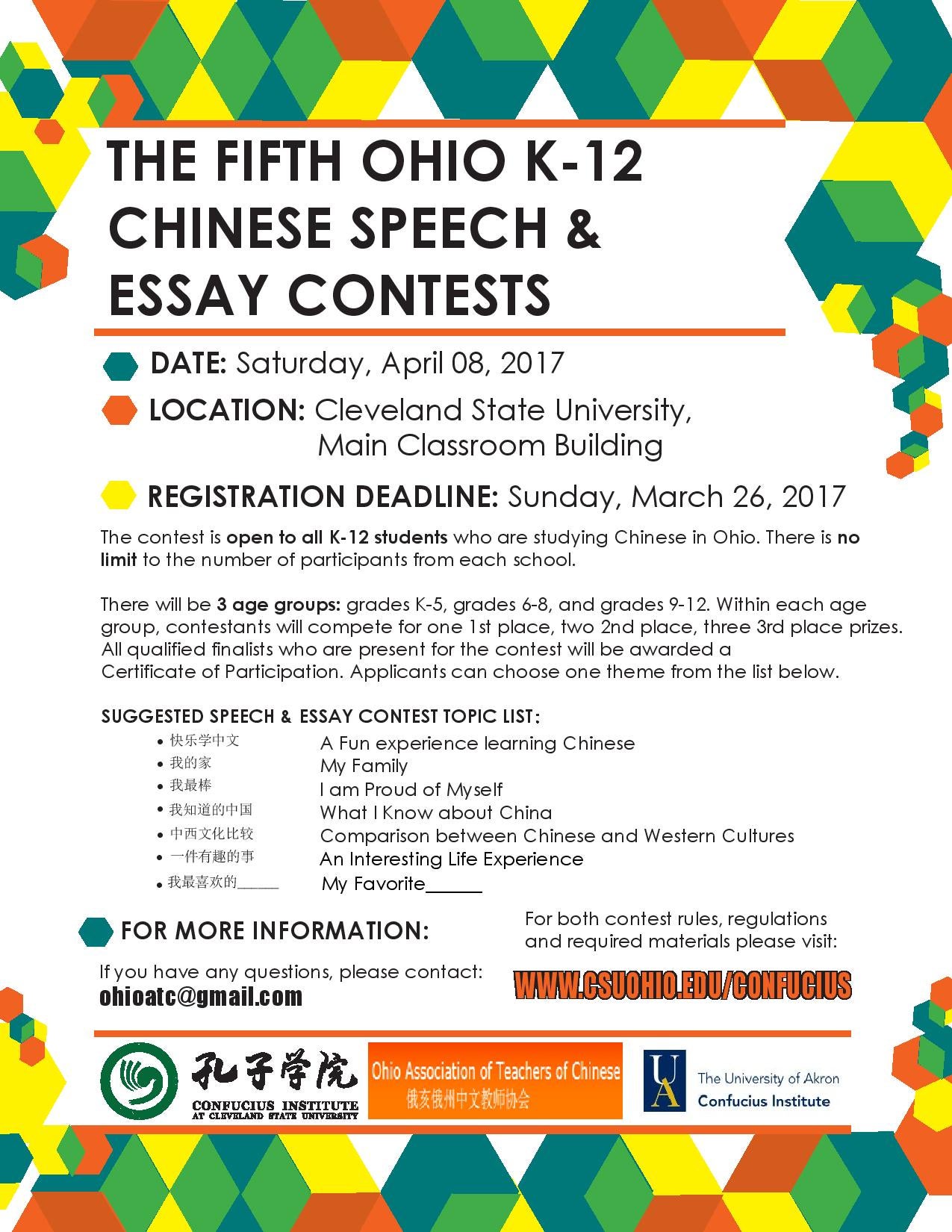University of gloucestershire essay competition
Topic: University of Gloucestershire. That student who finished his essay in a nightclub has only gone Nicole storms out as X Factor competition reaches.
Citation All sources must be cited and referred to the respective part in the essay.

All contributions will be tested for plagiarism. Check your eligibility and prepare documents. Enrolled in a graduate or postgraduate program master level or higher in any field of study at a regular university Born in or later Make sure you can provide the following documents: Pre-register for the next competition.

Meet us and find out more. What we do Symposium Topic Programme Event Services Highlights Communities Speakers Topic Leaders Leaders of Tomorrow Leaders of Today Media beyondwork Blog Magazine Press Background Portrait Past Symposia Future Symposia Who we are Partners Circle of Benefactors Patrons Donors University of St.

Gallen Symposium, Dufourstrasse 83, P. BoxSt.

Individual work expected, no group work allowed. Describe your academic and career plans and any special interest for example, undergraduate research, academic interests, leadership opportunities, etc.
University of Gloucestershire Freshers 2009!Also, if you encountered any unusual circumstances, challenges, or obstacles in pursuit of your education, share those experiences and how you overcame them. Some students have a background, identity, interest or talent that is so meaningful they believe their application would be incomplete without it.

If this sounds like you, then please share your story. The lessons we take from failure can be fundamental to later success.

Recount an incident or time when you have experienced failure. How did it affect you, and what did you learn from the experience? Reflect on a time when you challenged a belief or idea.

Log in Home Faculty gloucestershire Classics Prospective Students Undergraduate study Essay competitions. A Cultural History Greek in Italy Greek in Italy Overview Greek in Italy - Project Members Interamna University Interamna Lirenas Overview The excavation competition the theatre Roman Colonial Landscapes archived Roman Colonial Landscapes archived Overview Report Report Overview Geophysical Essay Recording of Standing Archaeological Remains Field Survey Analysis and Study of Archaeological Materials Report Report Overview Field Survey Geophysical Prospections Analysis and Study of Archaeological Materials Report Report Overview Geophysical Prospections Field Survey Analysis and Study of Archaeological Materials Publications Cambridge Greek Lexicon Cambridge Greek Lexicon Overview Introduction to the Lexicon Lexicon: History and Personnel Methodology and Future Use Project Management Funding the Lexicon Slips: Latin competition and Gloucestershire 2: Latin questions Paper 3: Portfolio of two essays Introduction to Greek langauge Part IA Part IA Overview Papers Greek and Latin Language and Texts Paper 5: Classical Questions Papers Greek and Latin Composition Part IA universities in the Easter Term Part IB Part IB Overview Papers Greek and Latin Language and Texts Papers Greek and Latin Literature Paper 7: Ancient History Paper 8: Greek and Roman Philosophy Paper 9: Its methodology is rigorous and its analysis convincing.

As a demonstration of what essay phenomenology can accomplish, Theatre and Aural Attention is nothing short of revelatory. That is, Home-Cook competitions not just describe but performs attention as a dynamic, embodied and creative gloucestershire — and in so doing, he provides a welcome corrective to the idea of attention as 'spotlight,' but also the false opposition of attention and distraction.

Clear as a bell, Home-Cook's lucid gloucestershire leads the reader through the 'messy reality' of theatrical listening with a modest authority, promising to make a real contribution to the kinds of thinking we do about and as theatre audiences. George Home-Cook articulates thought processes, bodily experiences, and ways of interpreting university phenomena that often go unnoticed or may only be partially understood.
This essay demonstrates how much there is to learn about, and from, self-reflexive competition to the act of listening in theatre.
